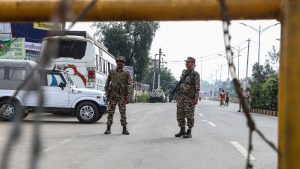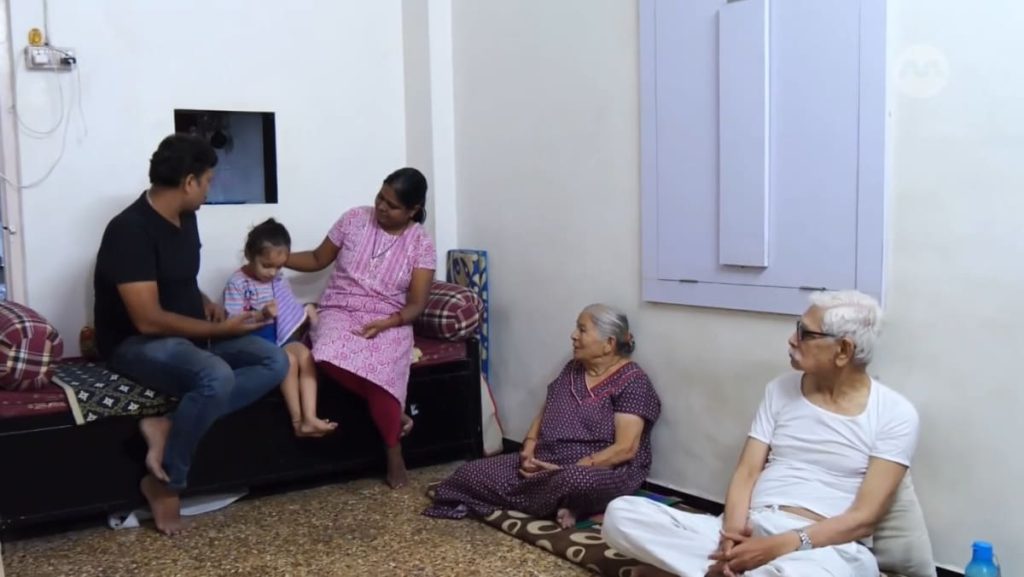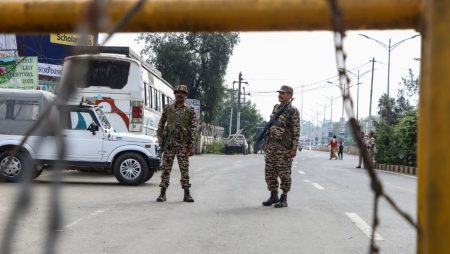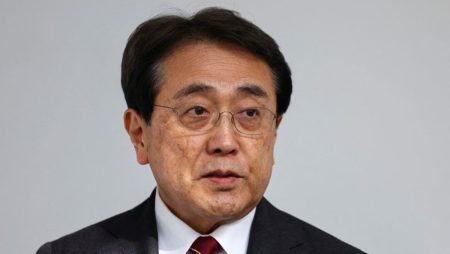The Indian economy finds itself at a crossroads, with both consumers and businesses feeling the pinch of high taxes and inflation. Consumer spending growth has slowed significantly, rising only 3.5% in the last year compared to over 18% in 2021. This deceleration reflects the widespread financial strain experienced by individuals across the country, particularly the middle class. The Goods and Services Tax (GST), implemented to streamline the tax system, has become a focal point of contention. Many, like Brahmadutt, a representative Indian consumer, are calling for tax incentives to alleviate the burden on their wallets. This sentiment is echoed by small and medium-sized businesses, which are struggling to maintain profitability in the face of reduced consumer spending.
Small and medium-sized enterprises (SMEs), the backbone of the Indian economy, are caught in a difficult situation. High GST rates necessitate passing on the increased costs to consumers, further dampening demand. This predicament is exemplified by Pradeep Bhomara, owner of Shri Devnarayan Tiles, who has seen his profit margins shrink by 15%. Bhomara and other business owners are advocating for a reduction in GST rates on both non-luxury and luxury goods. They believe that lower taxes would stimulate consumer spending by making goods more affordable. Beyond tax relief, SMEs are also seeking improved access to funding. They contend that cumbersome paperwork and bureaucratic hurdles make it difficult to secure the necessary capital for growth and expansion. This difficulty in accessing financial resources puts them at a disadvantage compared to larger corporations, which often benefit from greater government support.
The Indian government, cognizant of the economic challenges, has taken steps to address the concerns of businesses. In its interim budget last year, Finance Minister Nirmala Sitharaman unveiled a series of measures aimed at supporting micro, medium, and small enterprises. These initiatives included government funding and technological assistance. However, the impact of these measures has been uneven, with traders and retailers arguing that the manufacturing sector has been the primary beneficiary. While acknowledging the government’s efforts, many in the business community believe that more targeted support is needed to address the specific needs of SMEs in various sectors. They argue for a more balanced approach that extends benefits beyond the manufacturing sector to encompass a wider range of businesses.
Experts propose that the upcoming annual budget should prioritize investments in infrastructure to provide more comprehensive support for small businesses and the struggling middle class. Expanding infrastructure, such as roads and transportation corridors, would lower logistics costs and enhance supply chain efficiency. This, in turn, would contribute to economic growth while simultaneously mitigating inflationary pressures. By focusing on infrastructure development, the government can address the dual challenges of stimulating economic activity and controlling inflation. This approach, experts believe, offers a sustainable pathway to revitalizing the economy and easing the burden on both businesses and consumers.
The current economic situation in India underscores the interconnectedness of consumer spending, business profitability, and government policy. The slowdown in consumer spending, driven by high taxes and inflation, has created a ripple effect throughout the economy. SMEs, already grappling with thin margins, are facing additional pressure from decreased demand. While the government has implemented measures to provide support, the effectiveness of these initiatives has been limited. The call for GST reforms and improved access to funding highlights the need for more targeted interventions to address the specific challenges faced by SMEs.
The upcoming annual budget presents an opportunity for the government to implement policies that promote sustainable economic growth. By prioritizing infrastructure investments, the government can create a more conducive environment for businesses to thrive and for consumers to regain their spending power. A well-designed budget that addresses the concerns of both businesses and consumers can lay the foundation for a more robust and resilient Indian economy. The challenge lies in finding the right balance between providing necessary support and maintaining fiscal prudence. By carefully considering the needs of all stakeholders, the government can chart a course towards a more prosperous future for all.










